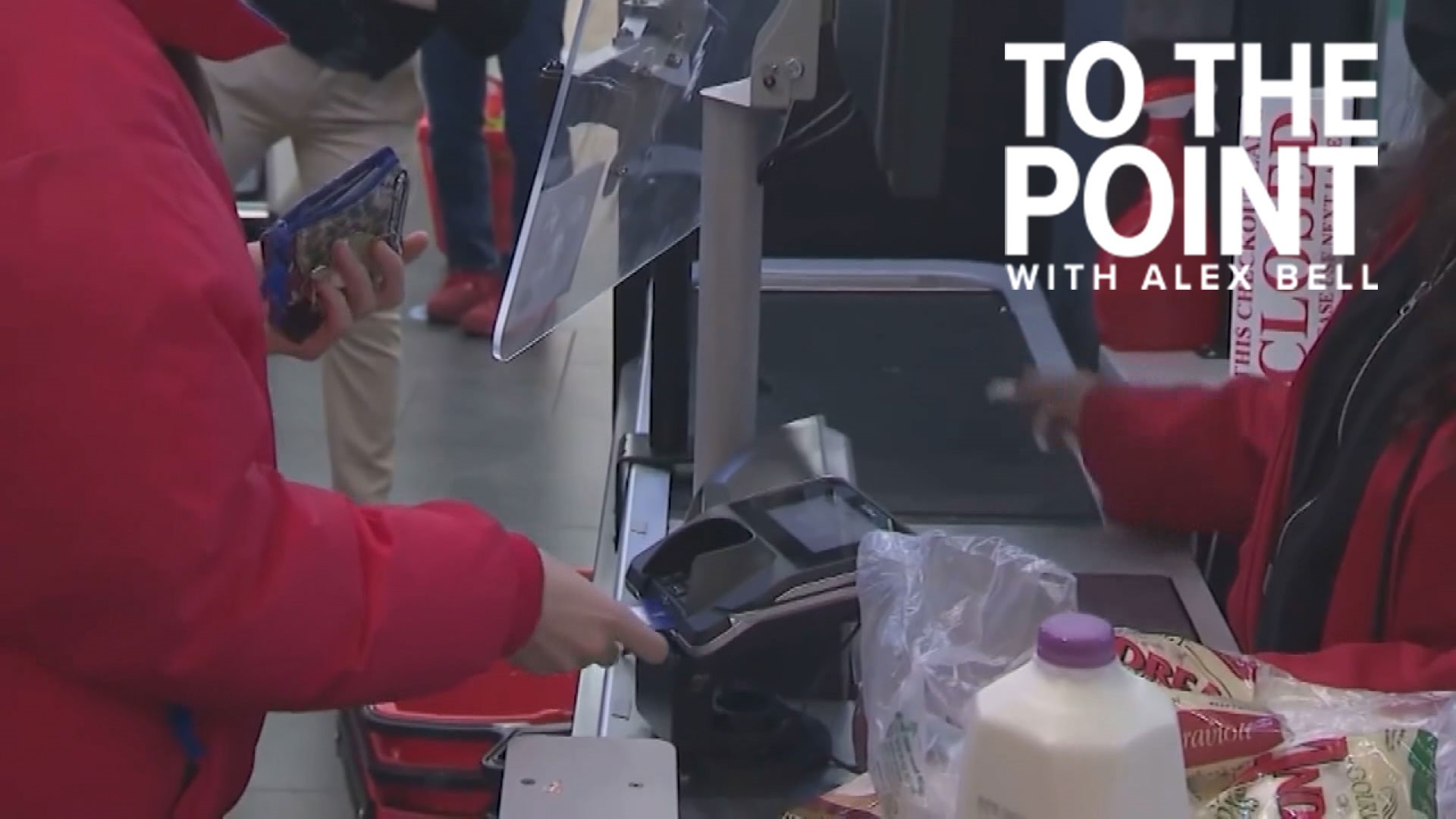SACRAMENTO, Calif. — An extra $500 dollars per month won’t cover all the bills, but it would make a meaningful difference to a lot of Northern Californians.
We’re talking about something called guaranteed income or universal basic income. For people in pilot programs, it provides extra money every month—with no rules about how to spend it.
That’s what the United Way California Capital Region is offering people in Sacramento—and applications are open now.
“$500 a month, no strings attached, for 12 months,” said Dr. Dawnté Early, president, and CEO of United Way California Capital Region.
Applicants must live in Sacramento because the money is coming from the city’s federal COVID emergency funds. The deadline to apply is April 14. There are income requirements. That information and how to apply is HERE.
United Way California Capital Region already has stats and stories showing the benefit of a Guaranteed Income Program, Early said. That’s because they’re in the final few months of the first group of 100 people, who – starting July of 2021 – received $300 per month.
We’ve heard “lots of stories of individuals who are working multiple jobs, who have been able to just get a little bit of breathing room in order to pay their rent as rents have increased, in order to fix their cars, even just to save,” Early said. “Most of these families were actually women-led families, and so a lot of these dollars went to childcare and putting food on the table.”
Critics of guaranteed income programs say they worry giving people extra money will remove the incentive to work and be productive, so ABC10 asked Early about that.
“$500 a month is not even close enough to live off of,” she said. “It actually costs - in the Sacramento area - something like $25 an hour to meet your basic needs. That is housing, that is food, that is transportation and that is childcare…So it means that you have to work multiple jobs if you have a minimum wage paying job in order to meet your basic needs. That's not going on vacation or any of the other luxuries.”
United Way is partnering with Sac State to do an analysis of the impact of these extra dollars, she said.
“It’s important that as we invest resources, that we evaluate whether those resources are having the intended impact,” she said. “We know, again, from our first cohort that this program absolutely is essential to helping people get out of poverty.”
Deisy Chan and her family of four know this firsthand. They were one of 13 San Francisco families selected to receive $350 per month for six months, through the non-profit Compass Family Services and funded by a private $35,000 grant from Wells Fargo.
She said the six months of no-strings-attached cash has been significant. It allowed the family to be financially secure when her husband lost his job. It allowed her to save up to buy new beds for the family and even pay for her 13-year-old to start playing soccer.
The program that helped them is one of many across the state and country, as universal basic income has been gaining momentum.
In February 2019, then-Stockton mayor Michael Tubbs launched the nation’s first city-led guaranteed universal basic income experiment. It sent $500 a month for 24 months to 125 recipients with no strings attached.
"I think we can definitely call it a movement,” said Sean Kline, associate director of the Stanford Basic Income Lab. “I don’t think we ever thought we would be at this place even a few years ago.”
The Stanford Basic Income Lab was launched in 2017 to study the successes and roadblocks of basic income pilots across the country. Early findings show—families spent the money on necessities like rent and food, not on drugs and alcohol. The money allowed adults to look for better-paying, full-time jobs and did not cause reliance on the program, which are some of the arguments by critics.
CalMatters reports—more than 40 guaranteed income pilot programs across California have happened or are in the works, benefitting more than 12,000 Californians.
Now state lawmakers are looking at making one official. A bill making its way through the Legislature would create a fund to give $1,000 monthly for five months to 12th graders at public high schools, who are experiencing homelessness, like foster youth aging out of the system. That would start right before the end of the school year.
Also to support young people, United Way California Capital Region is turning 100 this year and dedicating its century gala to raising money for kids.
“We have an audacious, bold goal of raising $3 million to help 10,000 kids in our region excel in school,” Early said. “We know after coming out of the pandemic that so many of our children and youth need these additional supports, and they need us as a community as our collective impact to come together.”
The 100-Year Anniversary Gala is happening Saturday, April 29. Information and tickets are available HERE.
“It goes to a range of services, all the way from providing kids 0- to 5-[years-old] a book every single month for them to read for themselves and also with their parents, to kinder camp, so helping kiddos who may not have had access to high-quality preschools learn during the summer to prepare them for kindergarten,” Early said, adding “K-6 tutoring programs, and then our foster youth IDA [Individual Development Account]. So helping foster youth who are emancipating from the system just start their life off with a small savings that they can use for – again - getting their first apartment and security deposit or even just buying a car.”



















